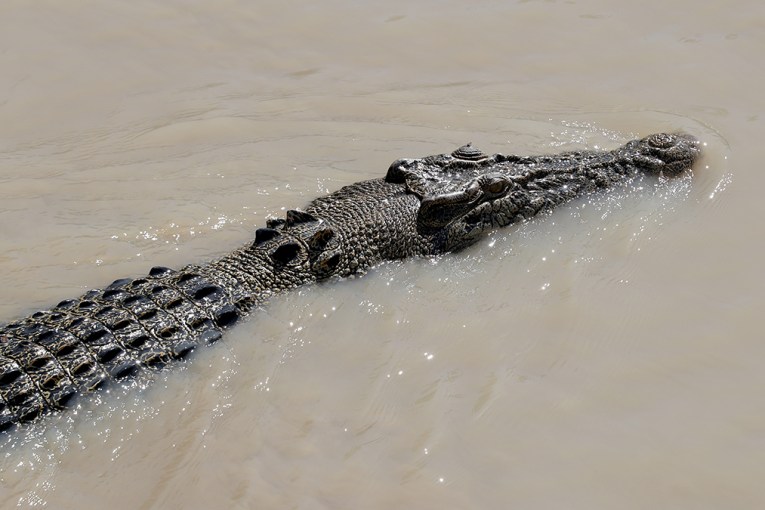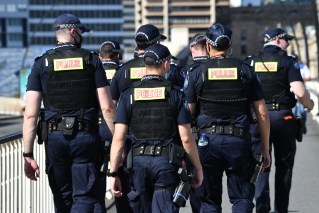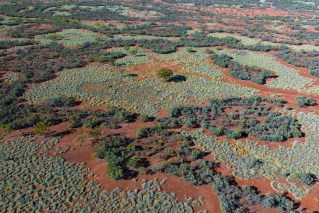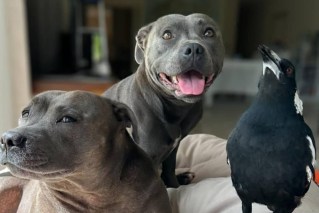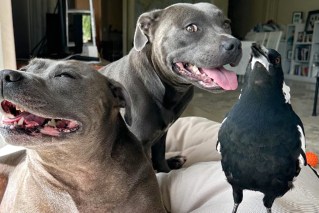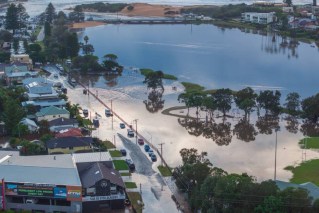Brisbane woman Ebola-free

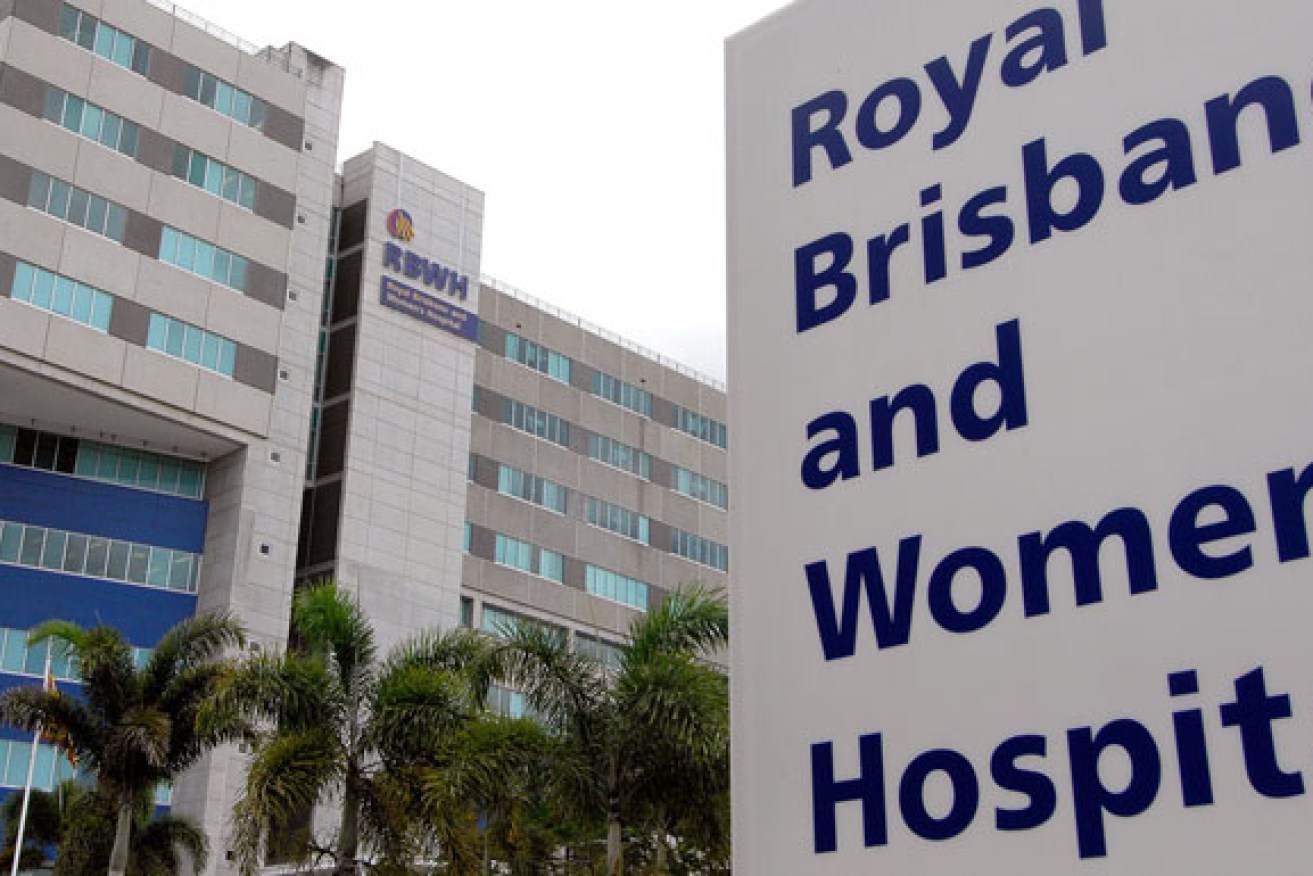
AAP
UPDATE: An 18-year-old woman, who was isolated at the Royal Brisbane and Womens’ Hospital after arriving from west Africa and developing a fever, has tested negative for the Ebola virus.
The first test results were released this morning, however the woman remains in quarantine and will be required to undergo a second test for the presence of the virus in three days’ time.
Queensland’s chief health officer Dr Jeannette Young said the woman, who arrived from Guinea 11 days ago, did not have any contact with people suffering from Ebola.
Dr Young said she was “very confident” there was no risk to the community.
• Australian under Ebola watch in Thailand
• Our Ebola response a shambles, says AMA
• Everything you need to know about Ebola
The woman is not a healthcare worker and her and her family were planning to stay in Australia indefinitely.
Dr Young said the woman was moving to Australia with her family as part of the federal government’s humanitarian refugee program.
“She didn’t have any known contact with anyone that was sick with Ebola virus disease,” Dr Young told reporters on Sunday.
“But she did come from an area that had a reasonably large number of cases, so that’s why it was thought appropriate that she go into home quarantine when she arrived [in Australia].”

The Ebola virus virion.
The woman is part of a family of nine – including six siblings – that arrived, although she is the only one in isolation.
“There is no risk to the community at all because they haven’t left the house … in the time that they have been here,” Dr Young said.
“I’m very confident that there is no risk to any member of the Queensland community.”
Dr Young said her fever has already abated and it’s unlikely she has Ebola.
Even if she does, Dr Young said there was no risk to other passengers who were on the same plane.
“She’s been here in Brisbane now for 11 days in home quarantine so there is no risk at all for anyone else on that plane,” Dr Young said.
“You need to have symptoms and be excreting the virus, in vomit, in faeces, in sweat, in urine and she doesn’t have any symptoms so she hasn’t been excreting the virus so someone could get infected.”
Earlier this month, Australian Red Cross nurse Sue-Ellen Kovack was discharged from Cairns Hospital after twice testing negative for the virus when she returned home from caring for patients in Sierra Leone.
The Australian Medical Association on Saturday warned Australia’s response to the crisis has been chaotic, with president Professor Brian Owler saying the government was keeping Australians in the dark about its plans and medical professionals wanted a coherent strategy to tackle the crisis in West Africa.
At least 4922 people have died – mainly in Guinea, Liberia and Sierra Leone – in the worse outbreak of the disease in history, according to the World Health Organisation.
More than 10,000 people have been infected with the virus.
– with agencies
